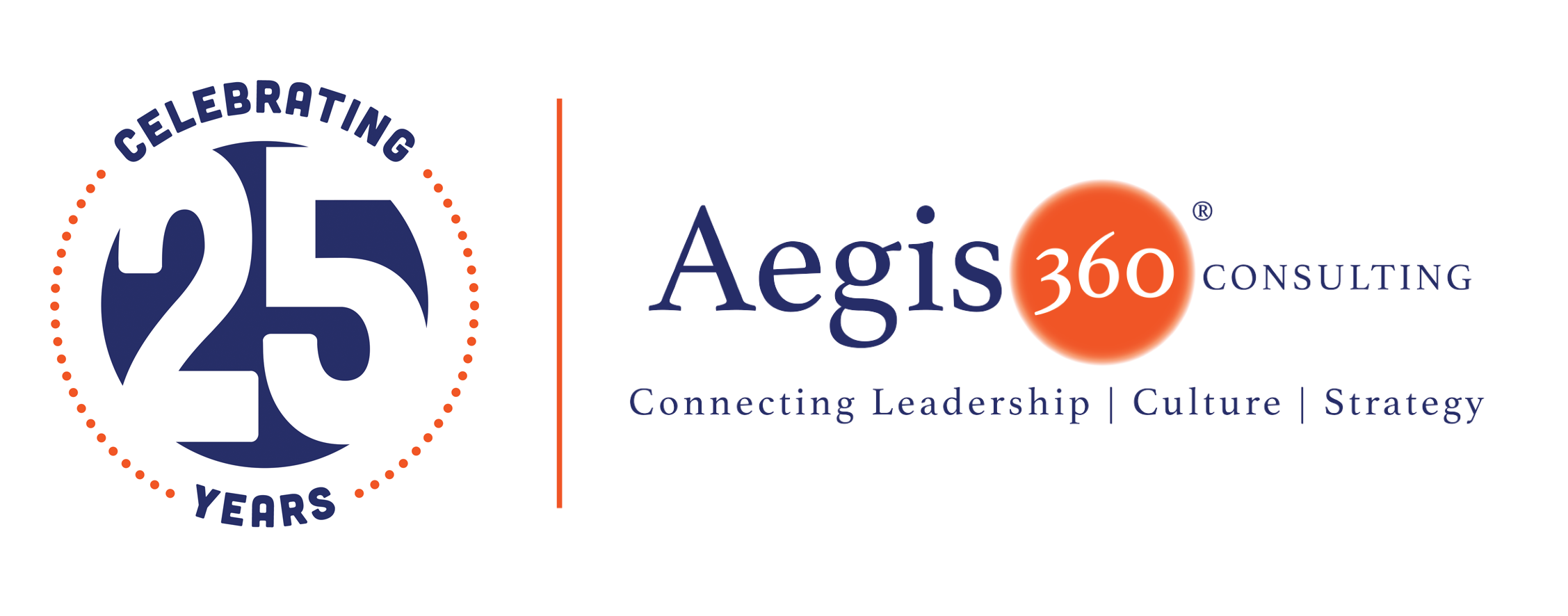
According to one recent study, a “highly engaged workforce” increases the profitability of a company by as much as 21% in some cases. When people feel like they’re a part of something bigger than themselves – that what they’re contributing to is legitimately meaningful – incredible things happen.
But, as true as that all is, there’s another statistic worth noting: about 85% of employees say they are not actively engaged at work.
They may be part of a team, but only in the most technical sense. They’re contributing, yes, but typically only the bare minimum. They don’t trust each other. They’re not working together. They’re not forming something more powerful as a collective than they could be as individuals.
This is why effective team-building strategies are of paramount importance to most organizations. Especially in today’s modern business environment, where about 50% of employees leave or change jobs annually, putting in the work today to create a high-performing team can give your company a genuine competitive advantage tomorrow.
Getting to that point, however, requires you to keep a few key things in mind. At Aegis 360, our methodologies and services can help you develop the strong teams you need to thrive. Read on to find out more, or contact us to continue this discussion in more detail.
The Major Elements of a Strong Team

- Clear Purpose and Goals.For a team to be successful, you need to have a clearly defined purpose as well as short and long-term business objectives that are understandable, measurable, and realistic. For people to devote their passion and creativity to a task, they need to understand the purpose and know what “success” actually looks like in this context.
- Trust. Organizational leadership is well aware of the idea that “a chain is only as strong as its weakest link,” so to speak. Rest assured that workers are aware of that idea, too. To empower employee engagement and build a successful team, each participant needs to be able to trust that everyone else is taking things every bit as seriously as they are.
- Collaboration. Collaboration and effective communication go hand in hand. One study indicated that about 50% of workers say that poor communication has increased their overall stress levels. 34% of people say that it decreased their job satisfaction. Teams that collaborate regularly and work with each other interdependently between departments are able to efficiently solve problems and feel supported by the larger team dynamic.
- Accountability. While the team is all working towards a common goal, everyone has their part to play. Think about it like a baseball team. The first baseman knows what they’re supposed to be doing at any given time when compared to the center fielder or the catcher. Everyone can see how they fit into the bigger picture and is held accountable to complete their part to the best of their ability in order to work toward the common purpose and goals.
- Employee Engagement. Employees cannot exist in a bubble. They must be engaged in their environment and their team as well their work. Consistently fostering employee engagement is vital for increasing productivity and satisfaction in the workplace.
The Principles of Effective Team Building
Once you identify the elements of a strong team, it becomes clear what resources you need to put in place to make that vision a reality. That’s why one of the most pivotal team-building principles involves regular team meetings, for example.
If employees are already concerned about poor communication to the point where it is impacting their stress levels and job satisfaction, it stands to reason that regular team meetings would be a way to address that. This level of employee engagement is a vital component of creating an effective team and a supportive workplace. People can check in and update everyone else on their progress, helping to make sure everyone is always on the same page and moving in the same direction.
Feedback culture is another major team-building principle, but never forget that this is a two-way street. Team members need to feel comfortable with the idea of coming to leadership with not just innovative new ideas but constructive criticism about the current ones as well. Likewise, giving team members feedback isn’t just about highlighting what someone is doing wrong. Recognizing their achievements, both as individuals and as a group, should happen often.
Leadership’s Role in Team Building
Case in point: leading by example. This is a scenario where the “old school” leadership style of “do as I say, not as I do” needs to go away, never to return. Don’t just tell people that a successful team is important. Show them. Illustrate what success looks like. Don’t ask them to do anything you wouldn’t do yourself. You’re not just leading a team, after all – you’re a core part of it.

The Inherent Challenges in Team Building
Take trust, for example. You could have spent a great deal of time objectively putting the right, highly skilled candidates in the right roles, and they still won’t come together if they can’t trust one another. To get there, you need to prioritize open and honest communication. They should be able to give feedback not just to you but to one another. You should never overlook the opportunity for team-building exercises.
Another major challenge of team building has to do with opposing objectives. Sometimes, individuals are working towards their own goals without necessarily advancing those of the collective. Losing sight of the main goal can lead to conflicting or otherwise redundant work, which can diminish both engagement and productivity.
Again, setting clear goals and communicating them effectively can help overcome issues like this. People don’t just need to know what you expect them to do. They need to know why it’s so important. They need to visualize the role they play in helping to get there. The more you can make them care, the more effectively they’re able to operate as a team.
Aegis 360: Our Approach to Team Building
In the end, making these ideas a core part of your leadership style unlocks several clear benefits of team building, all at the same time.
Our methodologies and services are built to assist organizations like yours in their quest to develop the strongest teams possible. We offer workshops, training sessions, and other resources designed to help bring people together and keep them that way. Our “Crash the Barrier: Build your Team” workshop is designed with hands-on simulations that teach you not only how to build a team, but how to break through barriers that may exist in your current team and how to plan, problem solve, and improve the group interactions within your team. Sessions are available virtually or in person and can be tailored to fit into your busy schedule.
We also offer personalized consulting services that allow you to break free from the mythical “one size fits all” approach to team building. We take the time to learn as much about you, your people, and your goals as possible – that way, we can develop the type of solution that is customized with your unique strengths and challenges in mind.
To find out more information about the core elements of a strong team or to get answers to any other essential questions you have, please don’t hesitate to contact the Aegis 360 team today.
